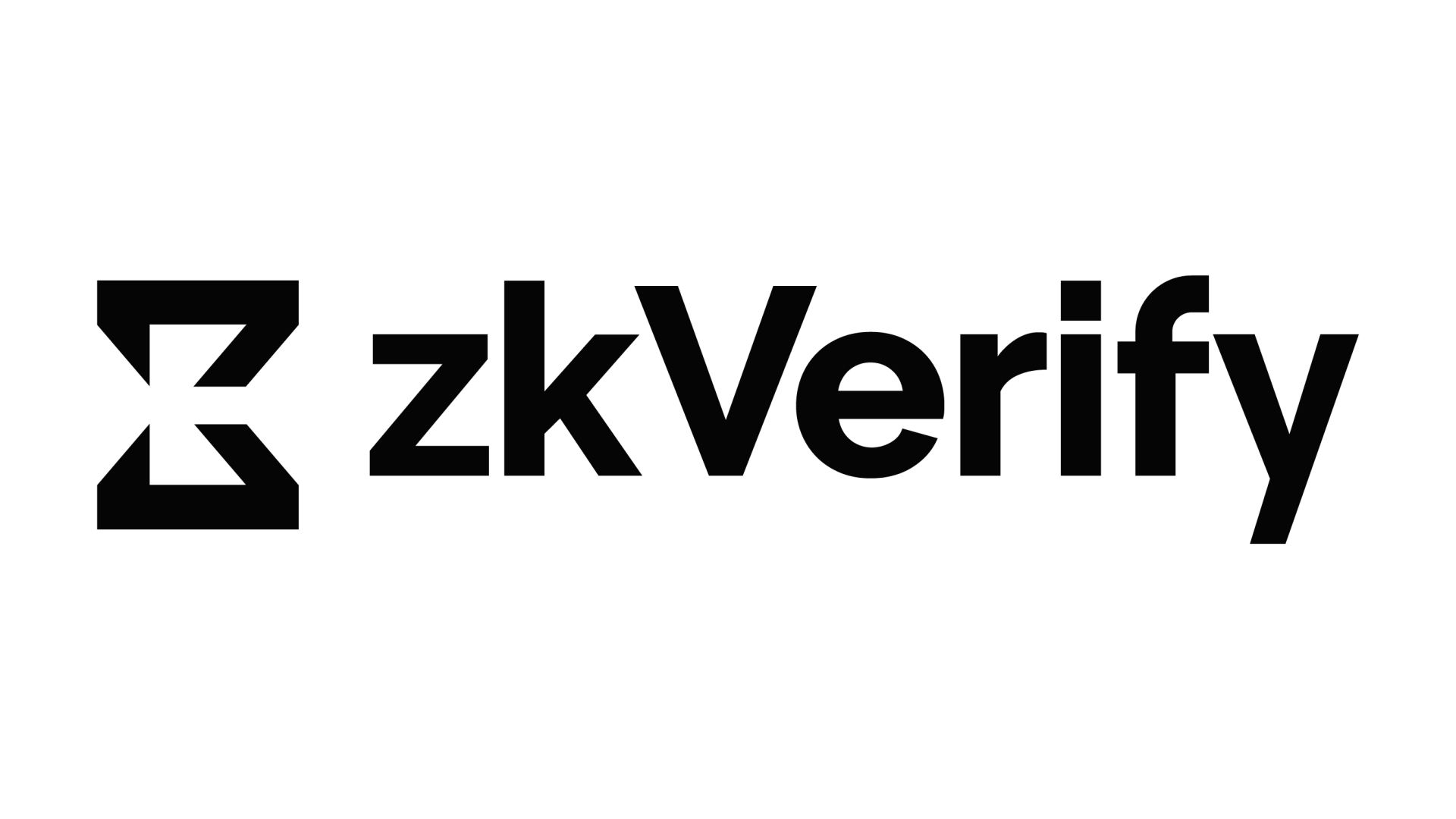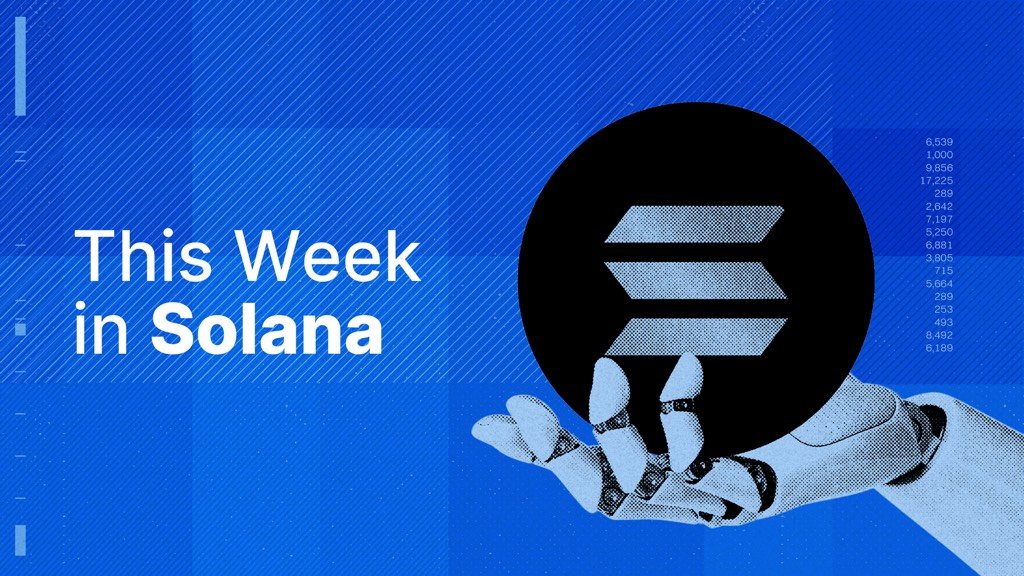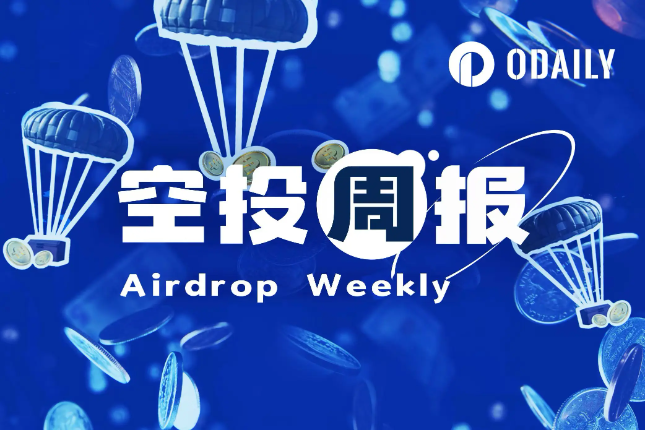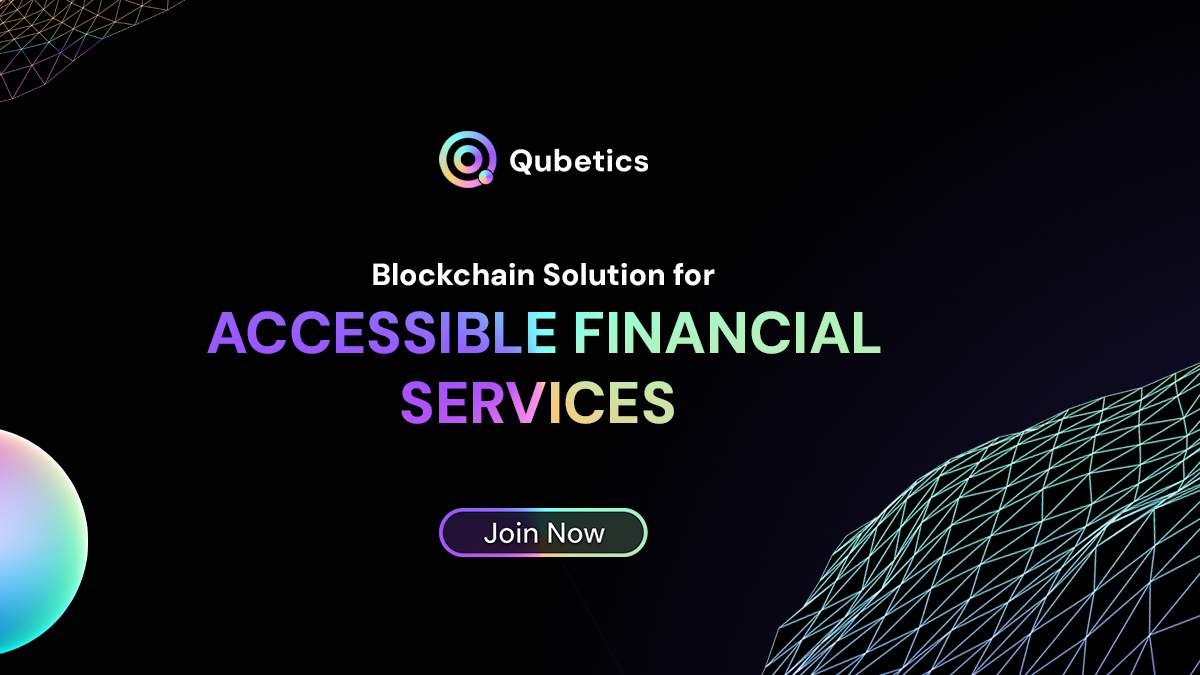Latest Ethereum News

a year ago
zkVerify Launches Decentralized SQL Verifier for Enhanced Data Integrity
On November 12, 2024, zkVerify announced the launch of a decentralized proof verifier for Space and Time’s Proof of SQL ZK coprocessor on the SXT Chain. This innovative solution aims to enhance the speed and cost-effectiveness of SQL data verification, particularly for data-intensive applications. By utilizing zkVerify’s capabilities, organizations can validate their ZK-proven SQL queries more efficiently than traditional Ethereum verification methods. The integration of zero-knowledge proofs allows for secure validation of SQL queries against data stored on the SXT Chain, ensuring accuracy without the need for a central authority.
The SXT Chain addresses the limitations of traditional smart contracts, which often struggle to access external or historical transaction data. By functioning as a decentralized database, it aggregates data from major blockchains such as Ethereum, Bitcoin, and Polygon, enabling trustless, cross-chain data processing. This capability allows smart contracts to efficiently query and analyze data, which is crucial as concerns about data manipulation and AI-generated content continue to rise. With zkVerify’s technology, organizations can prove data integrity while keeping the underlying information confidential, a significant advancement for sectors like finance and healthcare.
Rob Viglione, CEO of Horizen Labs, emphasized that zero-knowledge proofs transform trust in digital systems by providing mathematical assurance of data integrity. The zkVerify platform is designed to facilitate rapid and cost-effective verification of ZK proofs across various blockchain networks, thereby enhancing the performance of existing systems and unlocking new opportunities within the Web3 ecosystem. As the verifier becomes available for testing on the zkVerify testnet, it paves the way for more sophisticated decentralized applications, including DeFi platforms and advanced data analytics solutions.

a year ago
Solana Rivals Ethereum as Economic Metrics Surge in 2024
The Solana network is making significant strides in closing the gap with Ethereum, as highlighted by a bullish report from hedge fund Syncracy Capital. According to the report published on November 12, 2024, Solana's real economic value (REV) reached 111% of Ethereum's REV in October 2024, a dramatic increase from just 1% a year prior. This metric, which encompasses transaction fees and maximal extractable value (MEV) tips paid to validators, indicates a robust economic activity on the Solana network. Additionally, Solana's total application revenue (TAR) was reported at 109% of Ethereum's, showcasing its growing popularity and the increasing fees paid to protocols and applications built on the blockchain.
The surge in Solana's economic activity can be largely attributed to the recent memecoin mania, which has seen several new memecoins gain traction within the ecosystem. Notable examples include Goatseus Maximus (GOAT), which achieved a market cap of $400 million in just one week, alongside other significant performers like SPX6900, Apu Apustaja, and FWOG. This influx of interest has resulted in heightened network volumes, fees, and total value locked (TVL), with Solana's TVL reaching a two-year high of over 42 million SOL, while Ethereum's TVL remained stagnant at 17.7 million ETH.
Despite the excitement surrounding Solana's memecoin activity, there are concerns regarding its long-term sustainability. Syncracy Capital views this speculative trend as a necessary stress test for the network's reliability, drawing parallels to the early days of DeFi on Ethereum in 2020. Solana has faced challenges with outages since its inception, including a notable five-hour service interruption in February 2024. The network is also attracting decentralized infrastructure protocols, with four unicorns in the DePIN sector. Looking ahead, the Solana Foundation plans to release the full version of the Firedancer upgrade in 2025 to support its growing activity and infrastructure demands.

a year ago
Rollblock ($RBLK) Emerges as a Promising Investment Amid Crypto Volatility
The cryptocurrency market has recently experienced significant volatility, particularly with assets like Pepe and Bittensor showing dramatic price fluctuations. Investors are increasingly turning their attention to Rollblock ($RBLK), a Web3 casino platform that promises more stable and bullish price action. With the potential for remarkable gains, many believe that Rollblock could achieve 100x returns in this market cycle, making it an attractive opportunity for crypto enthusiasts.
Pepe ($PEPE) has made headlines with a notable bounce, increasing its value by 12.2% to reach $0.0000092. This surge has been accompanied by a substantial rise in trading volume, with over 1.3 billion Pepe tokens exchanged in just 24 hours—a staggering increase of 123%. Notably, a whale transaction of over $5 million worth of Pepe has sparked interest, suggesting that if this momentum continues, Pepe could approach its yearly highs soon. Similarly, Bittensor ($TAO) has experienced an 18% increase, recovering from a dip and solidifying its position within the top 25 cryptocurrencies by market cap.
Rollblock ($RBLK) is making waves as it continues to achieve all-time highs, recently hitting $0.033. This early-stage casino startup has attracted 20,000 investors who have collectively contributed $4.9 million, drawn by the promise of trust and transparency in the $450 billion online gaming industry. With all transactions recorded on the Ethereum blockchain, Rollblock ensures no manipulation of bets and instant verification. The platform currently offers over 7,000 casino games, with payouts made in the native RBLK token. The tokenomics of RBLK, including buybacks and staking rewards, position it as a potential blue-chip asset in the crypto space, making it a compelling option for investors looking to capitalize on the ongoing presale.

a year ago
Solana Surges Amid U.S. Election Optimism and Institutional Confidence
In a week marked by political tension surrounding the U.S. elections, Solana experienced a notable downturn, losing approximately 14% from October 31 to November 5. However, the mood shifted dramatically on election day when Solana's native token, SOL, surged by over 15%, reaching $187. This rebound was driven by a significant increase in trading volume, which more than doubled to over $6 billion. The optimism surrounding Donald Trump's election win, who has been a vocal supporter of cryptocurrency, is expected to lead to more favorable regulations in the U.S., alleviating concerns about Solana's classification as a security.
Despite a generally bearish week for the cryptocurrency market, Solana managed to maintain its upward momentum, outperforming rivals like Ethereum and BNB. The Solana ecosystem showcased impressive metrics, with a total value locked (TVL) in DeFi reaching $6.326 billion, giving it a 7.09% share of the DeFi landscape. Additionally, Solana's dominance in the NFT space is evident, commanding over 40% of daily users and significantly outpacing competitors. Institutional confidence is also on the rise, with DApp investments hitting $173 million in Q3, the highest since 2022.
As the race heats up for the first U.S. Solana ETF approval, firms like Canary Capital, VanEck, and 21Shares are vying to launch products that track SOL prices. Solana has recently flipped BNB to become the fourth-largest cryptocurrency by market capitalization, reflecting a wave of market optimism. Furthermore, Solana's DEX trading volume reached 27% market share in October, solidifying its position as a leading player in decentralized trading. With a loyal developer community and high transaction counts, Solana continues to be a major force in the blockchain ecosystem.

a year ago
XYO Token Launches on Solana, Expanding Cross-Chain Accessibility
XYO, a decentralized physical infrastructure network (DePIN), has successfully bridged from Ethereum to Solana, marking a significant step in its mission to enhance cross-chain accessibility. As of October 31, the XYO token is now tradable against popular tokens such as Solana (SOL) and USD Coin (USDC) on Solana-native decentralized exchanges (DEXs) like Jupiter and Raydium. This move is aimed at leveraging Solana's high throughput, low transaction costs, and scalability, which are essential for the growing DeFi ecosystem. Markus Levin, co-founder of XYO, emphasized that this integration allows holders of Solana-based tokens to easily trade into and out of XYO, thus accessing its extensive DePIN data ecosystem.
The XYO network operates over 8 million nodes across 150 countries, providing a robust infrastructure for verifying location and other real-world data for both Web2 and Web3 projects. DePINs are designed to decentralize various real-world infrastructures, including communications, data storage, and energy markets. According to a report by MV Global, DePINs are poised to become a significant use case in the crypto space, potentially onboarding millions of new users. The current ecosystem includes over 1,000 projects with a combined market capitalization exceeding $50 billion, highlighting the growing interest and investment in this sector.
Solana's low median transaction fee of $0.00064 makes it an attractive platform for DePIN projects like XYO, Helium, and Render. Analysts believe that Solana's parallel processing architecture and low fees contribute to its appeal for future DePIN developments. With the anticipated Firedancer upgrade, experts expect Solana to further solidify its position as the preferred choice for upcoming DePIN projects, enhancing its infrastructure and user experience in the decentralized finance landscape.

a year ago
Upcoming Airdrops and Funding Rounds in Blockchain Projects
In the latest developments in the blockchain space, several projects have announced airdrops and funding rounds that are set to take place from October 21 to October 27. One of the highlights is Ethereum L2 Scroll, which has opened its first airdrop application, allocating 7% of its total SCR supply. This airdrop targets community participants, ecosystem projects, industry contributors, and global community organizers. Scroll has successfully raised over $80 million in funding through various rounds, with significant contributions from Polychain and Bain Capital Crypto, among others.
Another noteworthy project is Grass, a Depin initiative on Solana that integrates AI technology. Grass has announced its Airdrop One, distributing 100 million GRASS tokens, representing 10% of its total supply. The allocation is designed to reward users who have earned Grass points and those who hold specific NFTs. Grass has raised over $4.5 million in funding, with its latest round led by Polychain Capital. The airdrop applications for Grass will open on October 28, 2024, creating excitement among its user base.
Additionally, Kelp DAO, a re-staking protocol based on EigenLayer, has opened airdrop applications for SCR tokens. The project raised $9 million in a private funding round earlier this year. Jupiter, a DEX aggregator, has also launched its Active Staking Rewards, distributing JUP and CLOUD tokens to active voters. The airdrop landscape is further enriched by projects like ALIENX and Ordzaar, which are also rolling out their airdrop initiatives. As these projects continue to innovate and engage their communities, the upcoming weeks promise to be significant for blockchain enthusiasts and investors alike.

a year ago
Bitcoin ETFs Near 1M BTC as Market Developments Unfold
In recent developments within the cryptocurrency market, Bitcoin Exchange-Traded Funds (ETFs) have reached a significant milestone, nearing 1 million BTC under management. This surge has seen BTC ETFs gain an impressive $188 million, while Ethereum ETFs have also seen a modest increase of $2 million. Meanwhile, Tesla's stock has soared, reflecting a growing interest in cryptocurrencies among traditional investors. Additionally, Microsoft is set to vote on a potential investment in Bitcoin, although the board has expressed opposition to the move, indicating a cautious approach towards crypto investments in corporate governance.
On the regulatory front, Pennsylvania has passed a bill aimed at protecting crypto rights, signaling a positive shift for the industry in the state. However, concerns have arisen as reports suggest that a US crypto wallet may have been exploited, highlighting the ongoing security challenges within the sector. In terms of innovation, Kraken is preparing to launch its own Ethereum Layer 2 solution, which could enhance transaction speeds and reduce costs for users. Furthermore, Toly has announced that AI will leverage crypto rails to manage various projects, showcasing the intersection of technology and finance.
In other notable news, Uniswap has launched a bridging service connecting nine different chains, facilitating smoother cross-chain transactions. Ankr has integrated the TON blockchain into its Web3 API, expanding its service offerings. Meanwhile, a Binance executive has departed from Nigeria, reflecting the challenges faced by crypto exchanges in navigating local regulations. Lastly, the city of Lugano has unveiled a statue of Satoshi Nakamoto, celebrating the legacy of the Bitcoin creator and the impact of cryptocurrencies on the global financial landscape.

a year ago
Emerging Cryptocurrency Projects with Life-Changing Potential
In the rapidly evolving world of cryptocurrencies, identifying projects with real potential can be daunting. However, several projects are emerging as leaders by addressing significant financial challenges. Qubetics ($TICS) is at the forefront, tackling the volatility that has hindered institutional adoption. By utilizing a smart contract-powered token management system, Qubetics ensures price stability, making it an attractive option for financial institutions. The ongoing presale, currently in Phase 5, has already raised over $1.4 million, with token prices set to increase weekly. Analysts predict that if $TICS reaches $10 post-launch, investors could see an astonishing ROI of 62,500%, highlighting the immense potential for early adopters.
Another noteworthy project is Arbitrum, which enhances Ethereum's scalability through its Layer 2 solution. By offloading transactions from the main Ethereum chain, Arbitrum allows for faster and cheaper transactions without sacrificing security. This scalability is crucial as high gas fees continue to plague Ethereum, and Arbitrum's seamless integration empowers developers to deploy decentralized applications efficiently. As the DeFi landscape grows, Arbitrum's role in improving user experience and transaction efficiency positions it as a vital player in the ecosystem.
Stellar and Bittensor also stand out in the crypto space. Stellar focuses on revolutionizing global payments, enabling fast, low-cost cross-border transactions, particularly for the unbanked. Its decentralized network connects financial institutions, facilitating seamless money transfers. Meanwhile, Bittensor is decentralizing artificial intelligence, allowing participants to train and share AI models on a collaborative network. This innovative approach democratizes access to AI and accelerates development. Together, these projects—Qubetics, Arbitrum, Stellar, and Bittensor—offer unique solutions to modern financial challenges, making them worthy of attention in the ever-competitive crypto market.

a year ago
Emerging Crypto Trends for 2024: A Look Ahead
The crypto market is experiencing a surge of optimism as we move into 2024, with Bitcoin reaching new all-time highs and Ethereum receiving regulatory approvals for spot ETH ETFs. This positive sentiment has sparked discussions about the future of the crypto landscape, highlighting key narratives that are expected to shape the industry in the coming years. Among these trends, decentralized social platforms, restaking, data availability layers, decentralized physical infrastructure networks (DePIN), tokenization of real-world assets (RWA), artificial intelligence (AI), and political memecoins are emerging as significant drivers of both buzz and utility.
Decentralized social platforms are gaining traction as they offer users censorship-free environments and control over their data. Platforms like Warpcast and Friend.tech are leading this movement, allowing users to migrate their content and followers seamlessly. Meanwhile, restaking, a concept pioneered by EigenLayer, allows validators to lock up liquid staking tokens as collateral, enhancing the security of the Ethereum network while enabling token holders to earn additional yields. This trend has led to the emergence of several competitors in the restaking space, further diversifying the market.
The tokenization of real-world assets is another trend that is gaining momentum, with major players like BlackRock entering the space. By representing assets such as real estate and fine art as digital tokens, tokenization facilitates fractional ownership and enhances liquidity. Additionally, the AI narrative continues to grow, with projects like Fetch.ai and Bittensor focusing on creating decentralized AI solutions. Lastly, political memecoins have captured the attention of investors as they satirize political figures, reflecting the speculative nature of the crypto market. As 2024 unfolds, these narratives will likely continue to evolve and influence the crypto ecosystem significantly.

a year ago
XProtocol Announces Launch of Crypto-Powered Android Phone XForge
XProtocol has officially announced the launch date for its innovative crypto-powered Android phone, the XForge, set for October 30, 2024. This entertainment-focused Ethereum layer-3 network is offering a pre-sale of 10,000 units, each priced at $299. The launch follows a successful Xardian node sale aimed at empowering and rewarding communities. According to Dragonix, a contributor to XProtocol, the initial pricing is expected to increase after the first batch. Each phone will also come with free Xardian Nodes, allowing users to participate in the DePIN network and earn various cryptocurrency-based incentives directly from their devices.
In addition to the phone launch, XProtocol has completed multiple fundraising rounds totaling $5.2 million, with participation from notable investors such as Dragonfly Capital, Coinfund, and Razer. The company’s unique proposition lies in its use of Base superchain technology, which provides a scalable and developer-friendly platform for entertainment and gaming projects. XProtocol is compatible with all Ethereum Virtual Machine (EVM) projects, facilitating easy migration and offering tools for developers. The upcoming dApp store on the phone will serve as a gateway for users to access web3 applications built on the XProtocol superchain.
The XForge is designed with high-end specifications tailored for gaming, featuring an Octa-Core CPU, Dual Nano SIM capability, a 6.67” AMOLED display, 8GB of RAM, and 256GB of storage. The inclusion of Xardian nodes aims to enhance network decentralization, with operators earning rewards for their participation in the consensus process. Furthermore, XProtocol has locked in 20% of its total token supply for node license holders, to be distributed over 36 months following the mainnet launch later this year. With a team experienced in web3 gaming, XProtocol is poised to revolutionize blockchain-based gaming, enabling creators to develop and scale consumer-focused products effectively.
Signup for latest DePIN news and updates